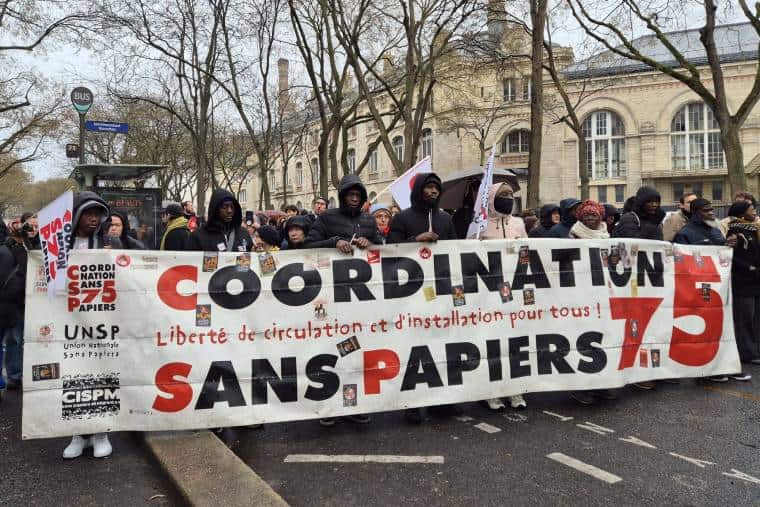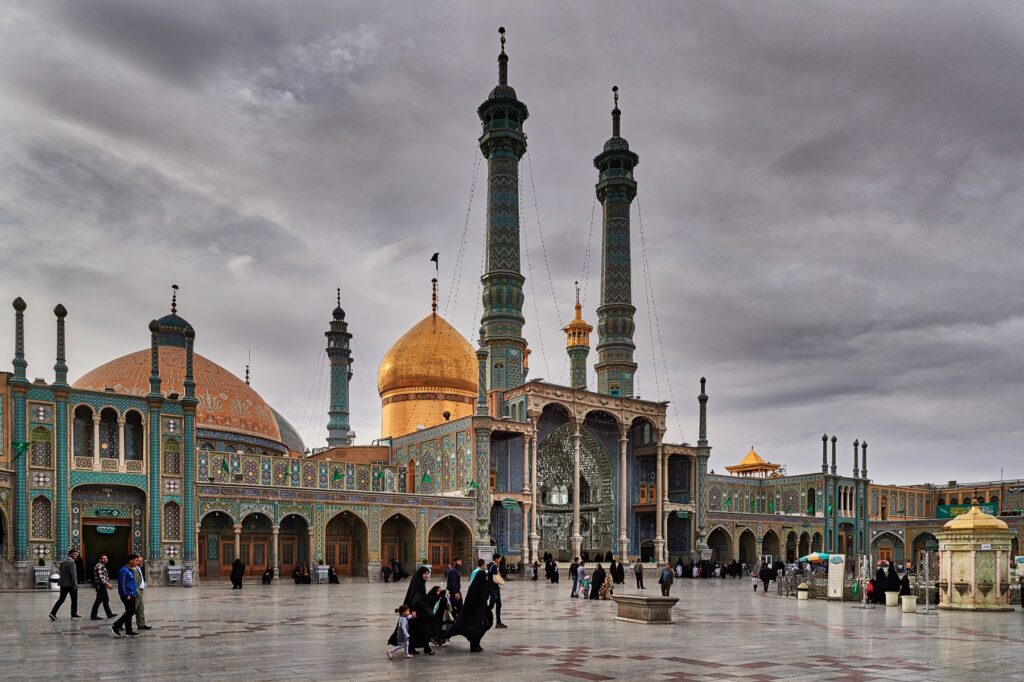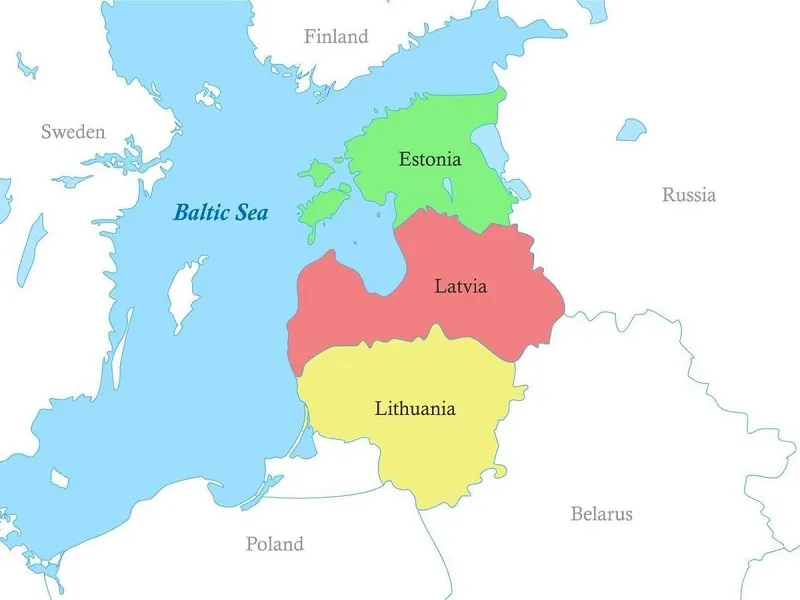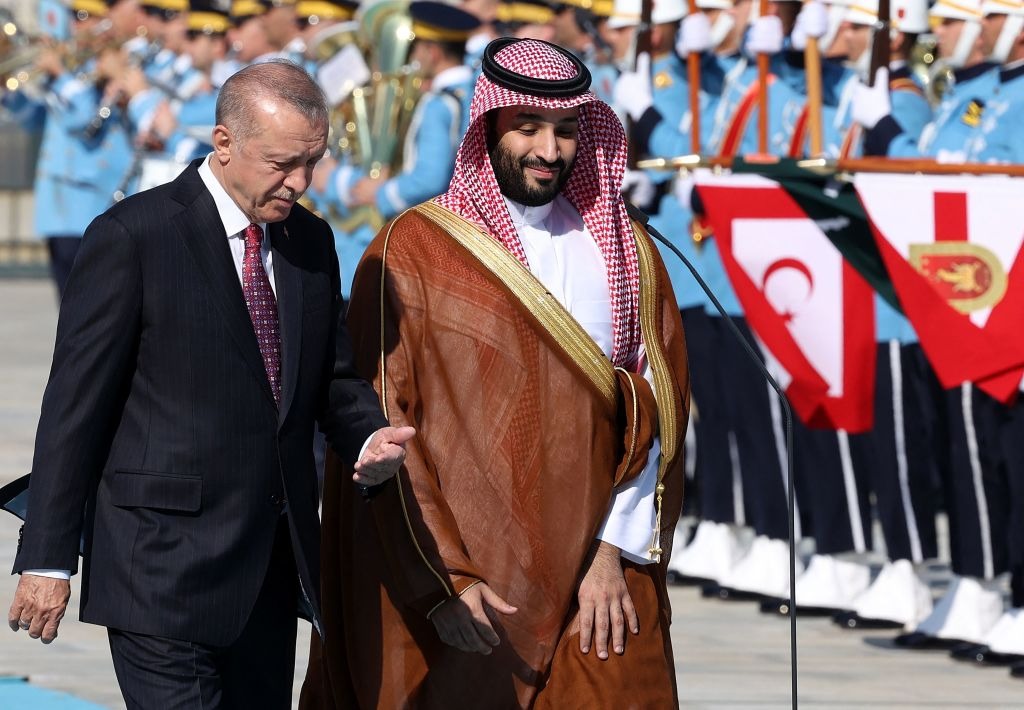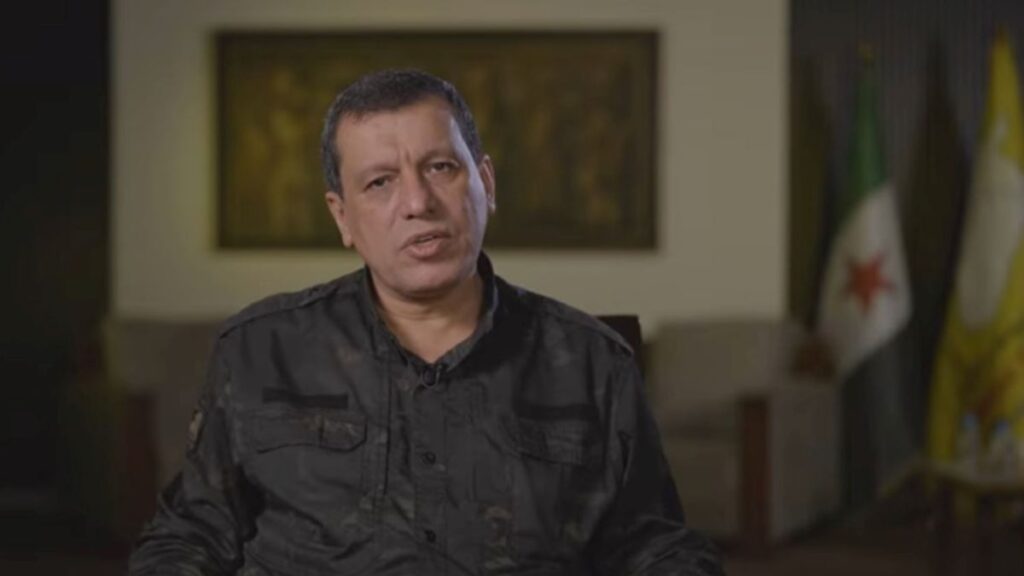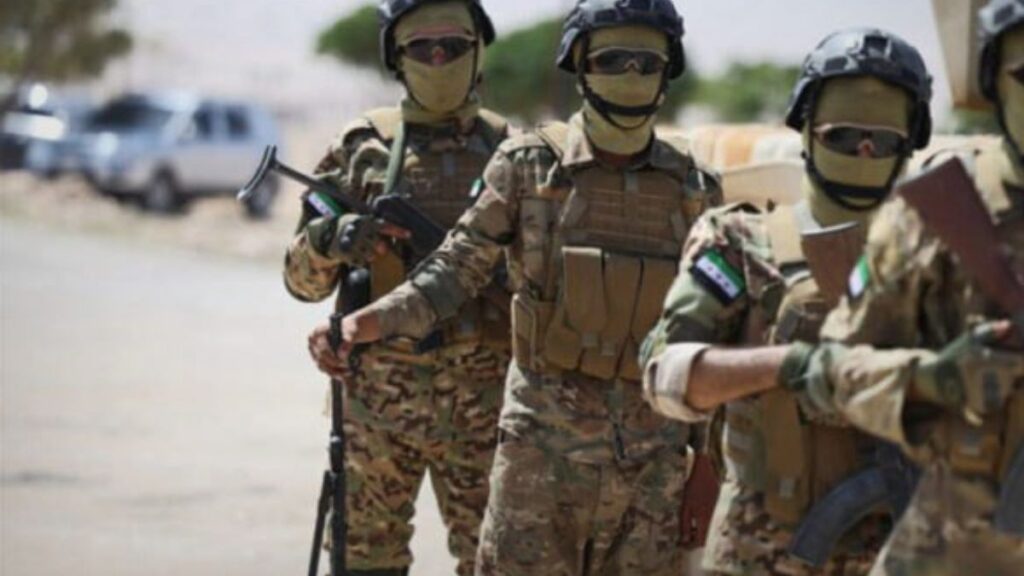L’Europe et l’OTAN
Les nations européennes ne peuvent pas être souveraines au sein de l’OTAN.
La réunion annuelle du Forum économique mondial à Davos n’est pas réputée pour être un foyer de résistance anti-impérialiste, et encore moins pour son discours anti-américain. Pourtant, ce ton a indéniablement prévalu dans de nombreux discours prononcés lors du dernier Forum.

